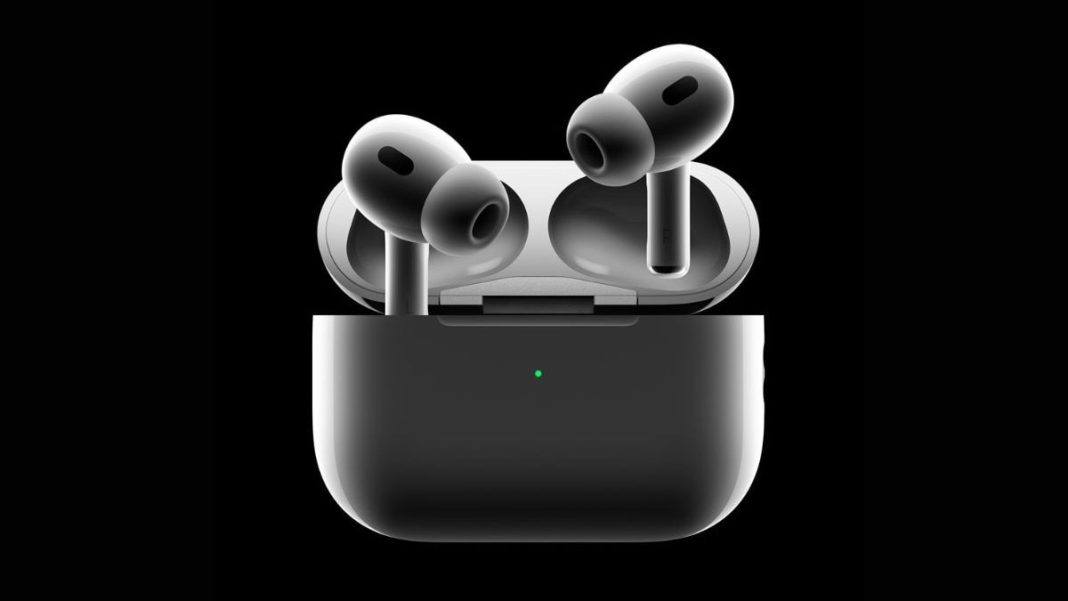A 15-year-old developer from Gurugram has created a free, open-source app that unlocks Apple’s exclusive AirPods features for Android and Linux users, breaking down the tech giant’s ecosystem barriers.
Key Takeaways
- LibrePods app unlocks Apple-only AirPods features for Android
- Developed by 15-year-old Kavish Devar from Gurugram
- Free, open-source project available on GitHub
- Requires rooted Android for full functionality
- Supports AirPods Pro 2nd & 3rd generation best
Complete Apple Experience on Android
LibrePods delivers nearly the same control level as iPhone users enjoy. The app enables noise cancellation switching, adaptive and transparency modes, exact battery percentage viewing for each earbud and case, and even AirPods renaming capability.
It supports auto-play and pause functions that react when you wear or remove the earbuds. Users can customize long-press stem actions to toggle ANC modes or launch voice assistants.
Advanced Features Beyond Apple’s Offering
LibrePods introduces capabilities not available from Apple on Android. Head gesture support lets users answer calls with a nod, eliminating phone handling. Conversational awareness automatically lowers volume when speaking is detected.
Hidden settings allow transparency level fine-tuning and can transform AirPods into makeshift hearing aids through accessibility options.
“These are the kind of features Apple usually keeps inside its own ecosystem,” notes the app’s GitHub page.
The Rooting Requirement
The app works by tricking AirPods into recognizing Android devices as Apple products through an “Act as an Apple device” toggle. This unlocks advanced features normally reserved for iOS and macOS.
However, full functionality requires rooting your Android phone, which voids warranties and poses security risks. The developer recommends Xposed framework for main functions. Without root, most premium features remain inaccessible.
Some Oppo and OnePlus models may offer limited features without rooting, but performance remains constrained. The app works best with AirPods Pro (2nd and 3rd generation), while older versions get basic battery stats and partial functionality.
The project represents a significant challenge to tech ecosystem restrictions, offering Android users comprehensive AirPods functionality previously exclusive to Apple devices.




